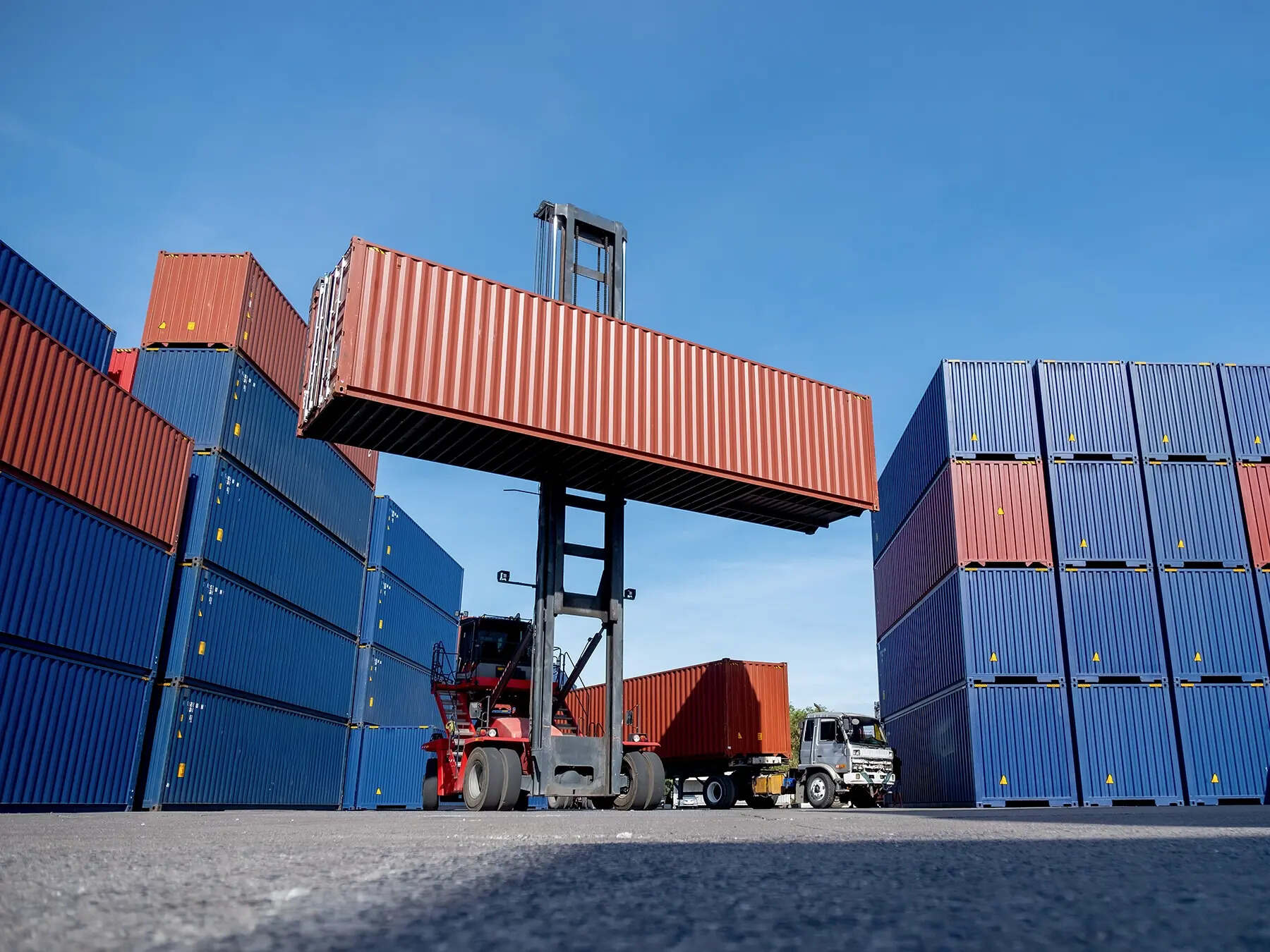
Containers have revolutionized the way we deploy and manage applications. But what exactly makes them so special? Containers are lightweight, portable, and consistent across different environments, making them a favorite among developers and IT professionals. They encapsulate an application and its dependencies, ensuring that it runs smoothly regardless of where it's deployed. This means fewer headaches when moving applications from development to production. Plus, they use fewer resources than traditional virtual machines, leading to cost savings and improved efficiency. Whether you're a seasoned developer or just starting, understanding containers can significantly boost your productivity and streamline your workflows. Ready to dive into the world of containers? Let's explore 21 fascinating facts about them!
What Are Containers?
Containers are a lightweight form of virtualization that package software and its dependencies together. They ensure that applications run consistently across different computing environments.
-
Containers vs. Virtual Machines: Containers share the host system's kernel, making them more efficient than virtual machines, which require separate operating systems.
-
Docker: Docker is the most popular container platform, simplifying the creation, deployment, and management of containers.
-
Kubernetes: Kubernetes is an open-source system for automating the deployment, scaling, and management of containerized applications.
-
Isolation: Containers provide process and filesystem isolation, ensuring that applications run without interfering with each other.
-
Portability: Containers can run on any system that supports the container runtime, making them highly portable.
History of Containers
Understanding the history of containers helps appreciate their evolution and significance in modern computing.
-
Chroot: Introduced in 1979, chroot was an early form of containerization, creating isolated filesystems for Unix processes.
-
Solaris Zones: In 2004, Solaris Zones provided isolated environments within a single Solaris operating system instance.
-
LXC: Linux Containers (LXC) emerged in 2008, offering a complete Linux environment with its own process and network space.
-
Docker's Launch: Docker was released in 2013, revolutionizing container technology by making it accessible and easy to use.
-
OCI: The Open Container Initiative (OCI) was established in 2015 to create industry standards for container formats and runtimes.
Benefits of Using Containers
Containers offer numerous advantages that make them a preferred choice for modern application deployment.
-
Efficiency: Containers use fewer resources than virtual machines, as they share the host OS kernel.
-
Scalability: Containers can be easily scaled up or down to handle varying workloads.
-
Consistency: Containers ensure that applications run the same way in development, testing, and production environments.
-
Speed: Containers can be started and stopped quickly, reducing downtime and speeding up deployment.
-
Security: Containers provide a layer of security by isolating applications from each other and the host system.
Common Use Cases for Containers
Containers are versatile and can be used in various scenarios, from development to production.
-
Microservices: Containers are ideal for microservices architectures, where each service runs in its own container.
-
CI/CD: Continuous Integration and Continuous Deployment pipelines benefit from containers, as they ensure consistent environments.
-
DevOps: Containers are a key component of DevOps practices, enabling faster and more reliable software delivery.
-
Hybrid Cloud: Containers facilitate hybrid cloud deployments, allowing applications to run seamlessly across on-premises and cloud environments.
-
Edge Computing: Containers are used in edge computing to deploy applications closer to data sources, reducing latency.
Future of Containers
The future of containers looks promising, with ongoing advancements and new use cases emerging.
- Serverless Computing: Containers are increasingly being used in serverless computing, where functions run in response to events without managing servers.
Containers continue to evolve, offering new possibilities for software development and deployment.
Final Thoughts on Containers
Containers have revolutionized how we think about shipping, storage, and even technology. From their humble beginnings as simple metal boxes, they've become essential in global trade and logistics. Their versatility extends beyond just transporting goods; they’re now used in architecture, disaster relief, and even as swimming pools. The rise of containerization has streamlined supply chains, reduced costs, and increased efficiency worldwide. Understanding these facts about containers gives us a glimpse into their significant impact on our daily lives. Whether it's the food on our tables or the gadgets we use, containers play a crucial role. So next time you see a container, remember its journey and the innovation it represents. These metal giants are more than just boxes; they’re the backbone of modern commerce and creativity.
Was this page helpful?
Our commitment to delivering trustworthy and engaging content is at the heart of what we do. Each fact on our site is contributed by real users like you, bringing a wealth of diverse insights and information. To ensure the highest standards of accuracy and reliability, our dedicated editors meticulously review each submission. This process guarantees that the facts we share are not only fascinating but also credible. Trust in our commitment to quality and authenticity as you explore and learn with us.


